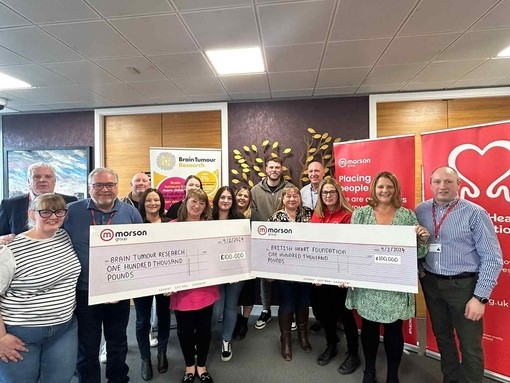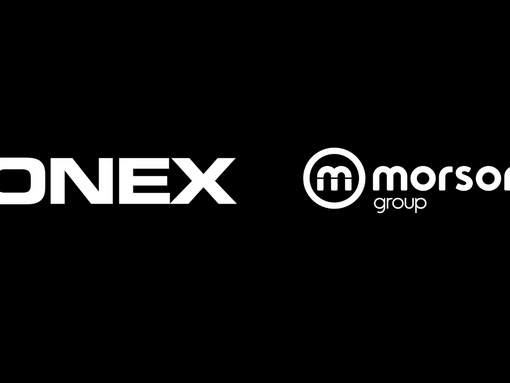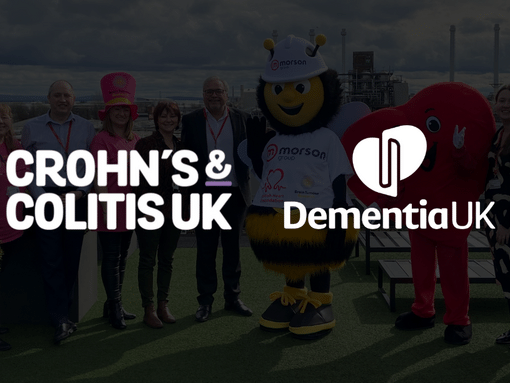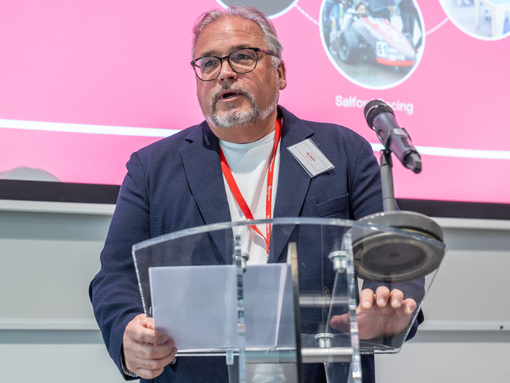
How our Screening and AI solutions can support our clients’ Modern Slavery mitigation practices
The introduction of the Modern Slavery Act in 2015 was an unwelcome reminder that human trafficking, forced labour and other forms of exploitation are still a real and prevalent problem across public and private sector industries in the UK.
Though the act itself was intended to better highlight the plight of victims, and ensure they were protected and given the support needed to escape this notoriously well-hidden market, it also sought to address the role that supply chains play in masking the connection between business operations and modern slavery.
As part of the regulation, there became an official obligation on commercial organisations turning over more than £36million a year to report on the steps they’re taking to eradicate modern slavery from their organisation and supply chains. When it came to recruitment, this meant looking at how we support our clients to achieve those same standards.
Prosecutions and convictions in this area are increasing; fines are being imposed on individuals found to be faking documents which make it appear they are eligible for work in the UK, despite them being found to be involved in modern slavery, and officials are clamping down on businesses that don’t make it a priority in their recruitment processes.
At the Morson Group, in order to make this area of our operations more streamlined – and in turn, pass the efficiency and increased compliance to our clients – we looked at how technology and artificial intelligence (AI) could become an everyday part of our offering when it comes to screening candidates.
Here, four of our Group experts explain how, at every level in our business, technology and AI are playing a role in supporting our clients’ modern slavery mitigation practices.

“My role centres on sustainability and mitigating risk. Though we are the experts in providing candidates for clients in our sectors, we need to bring the right people to our own team as a starting point, because we don’t want to inadvertently hire anyone involved in modern slavery; to do so, would destroy efforts to be compliant at every other level of the supply chain.
“So, a priority for me is ensuring we have the correct quality management procedures in place to make sure we are recruiting people who are eligible to work in the UK. We’ve overhauled our screening and onboarding processes, using the Fit for Work app (www.fitforwork.ai) to ensure selected remote workers who apply to work at the Morson Group are who they say they are, according to the legal documents they possess.
“From there, we can be confident that the teams we build can be safely involved in the supply of resources to our clients, or in purchasing goods and services that help them meet their recruitment agreements.
“Additionally, prior to approving a new supplier, we’ll use technology to review the controls which they undertake to eliminate modern slavery and human trafficking from their own operations, particularly in regard to goods imported from outside the UK and EU which are potentially more at risk of involving slavery and human trafficking.
“The detection and reporting of slavery is the responsibility of all of us – but it starts with our own team.”

“The Modern Slavery Act is one of those things you hope you won’t have many dealings with, but which you need to be prepared for at all times. As a recruitment leader, if we don’t undertake the necessary due diligence in this area, we can incur significant fines which land on the desk of the individual recruiter who didn’t sufficiently check a candidate’s background. However, the reputational damage to our organisation would be even more significant, so we take all steps to avoid that risk.
“Day-to-day, I oversee the relationships between our clients and the wider Morson screening team. Our screening platform and associated technology is highly intelligent and is crucial to our overall vetting process of candidates. But we combine it with human intelligence, too. We make online portals available to a client’s recruitment and security teams to ensure everyone has oversight of the steps we are taking to make sure individuals are vetted in line with the Modern Slavery Act.
“Often, our screening platform combined with the expert eye of recruiters can pick up on trends that are emerging simultaneously for a group of candidates which have all come to us from the same company, at the same time. We use digital tools to explore their background – who they are, where they’re from, where they live in the UK, and whether they have the right legal documents to work in this country – and regularly see large groups trigger alarm bells that indicate there’s an issue. From there, it’s our job to speak to the client and flag that they might not be a reliable candidate and find alternative, compliant resource.”

“As a business, we regularly draw on data analysis and AI technologies to create sophisticated vendor management solutions which improve compliance and processes within our own and our clients’ supply chains. Arming Hiring Managers with such intelligence and capability creates a powerful process to deliver screening best practice by reminding teams of their responsibility and key protocols. We all have a role to play and as an added value benefit, we provide support documents which help educate and guide our clients on how to spot the signs of modern slavery.
“Vencuro, our in-house vendor procurement platform, helps us identify a client’s specific operational pain points, which we then make the driving force behind our service for them. If they tell us modern slavery is a high risk area for them, we’ll implement the right suites of software to give a client complete visibility of candidates as they go through the recruitment process, and beyond when they are contracted. At any point, they will be able to use the system to check where a candidate is, explore their background and ensure they have passed the relevant tests to maintain compliance with the Modern Slavery Act.
“We’ve evolved from supplying clients with very simplistic tools to monitor this complex area of law, to being able to share intelligent platforms which have become integral to their business employing lawful individuals.”

“We’re really proud that, as an organisation, we can use AI and other technologies to make screening and particular health and safety requirements a forward-thinking, intelligent process. Each customer is different, so we configure our digital products to ensure they meet individual needs and make complying with the Modern Slavery Act a more efficient process.
“Our Fit for Work app uses facial recognition technology to ensure that the person who was onboarded during the recruitment process is the person who’s attending site, or turning up to an office, on any given day. For customers who think their remote teams might be unreliable and have the potential to substitute other individuals into their role, we can undertake daily or even hourly checks to match a worker’s face with the image on their recruitment profile and the headshot on their passport – which will then declare whether or not a person is eligible to work in this country.
“As well as helping a company remain above board from a compliance perspective, it also has other benefits. It saves costs where a client might otherwise have no alternative other than to hire a member of staff to carry out regular identity checks, across multiple sites. It can be a more commercially viable solution in that sense, and also more logistically sensical when you consider, for example, lone workers who are subject to unusual working schedules. Managers can’t always spend their working day checking in on a workforce, so this technology also frees up vast amounts of internal resource.”













